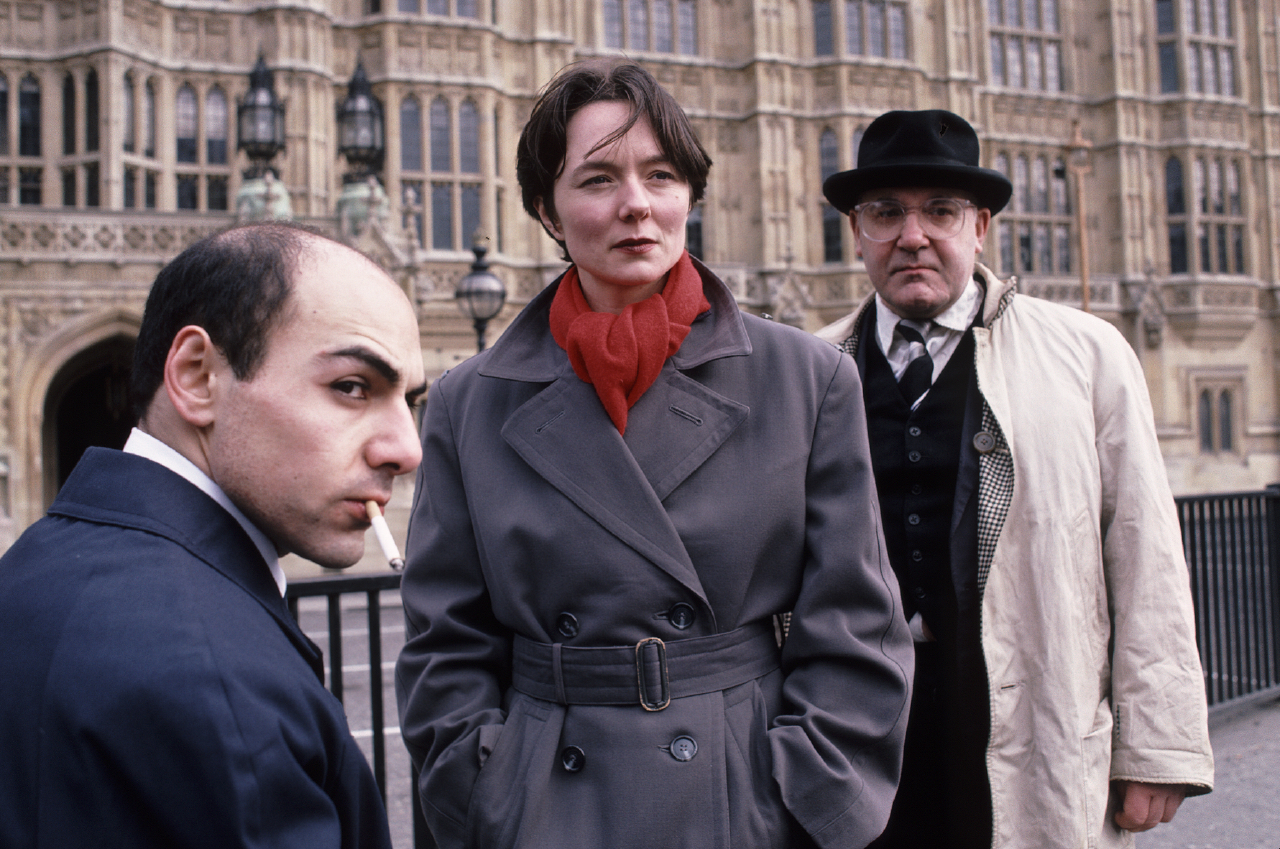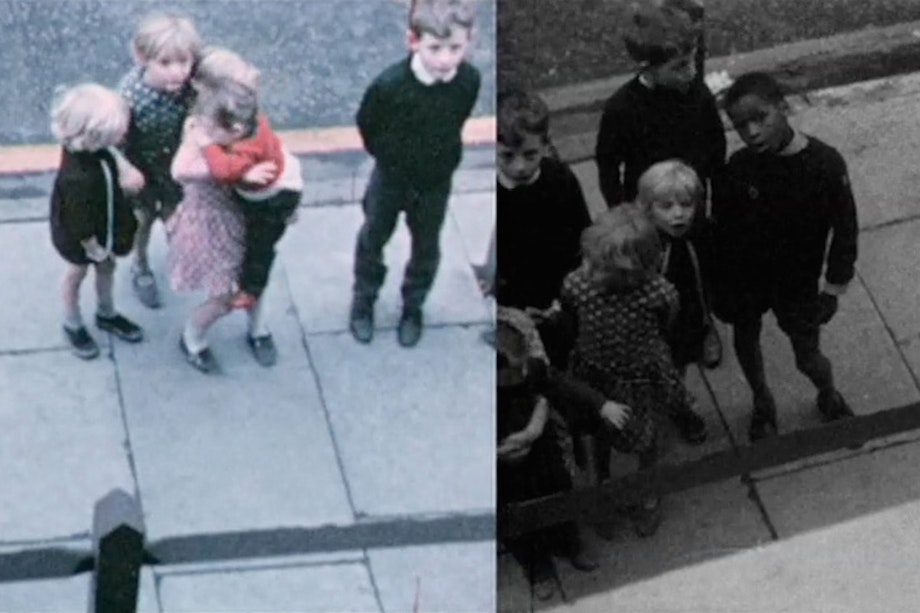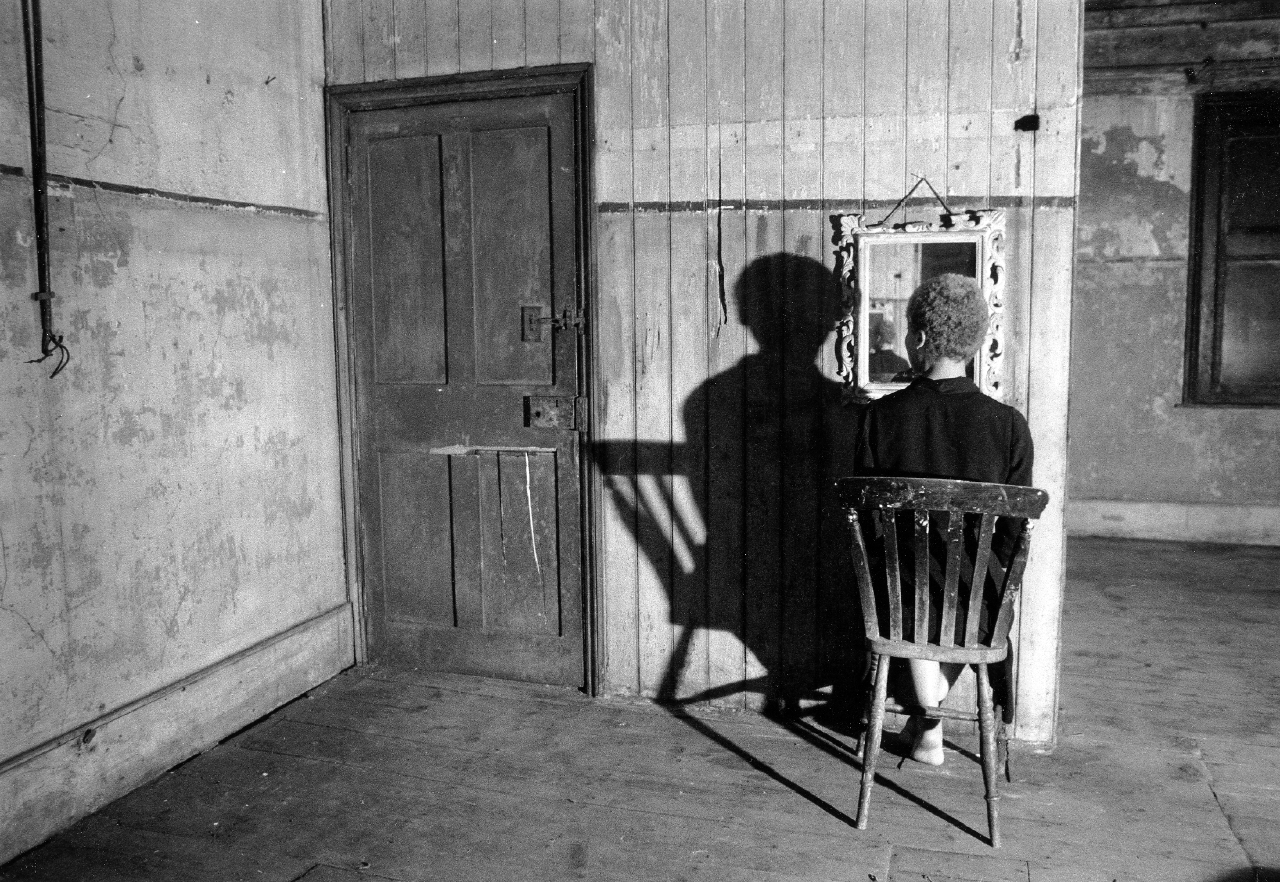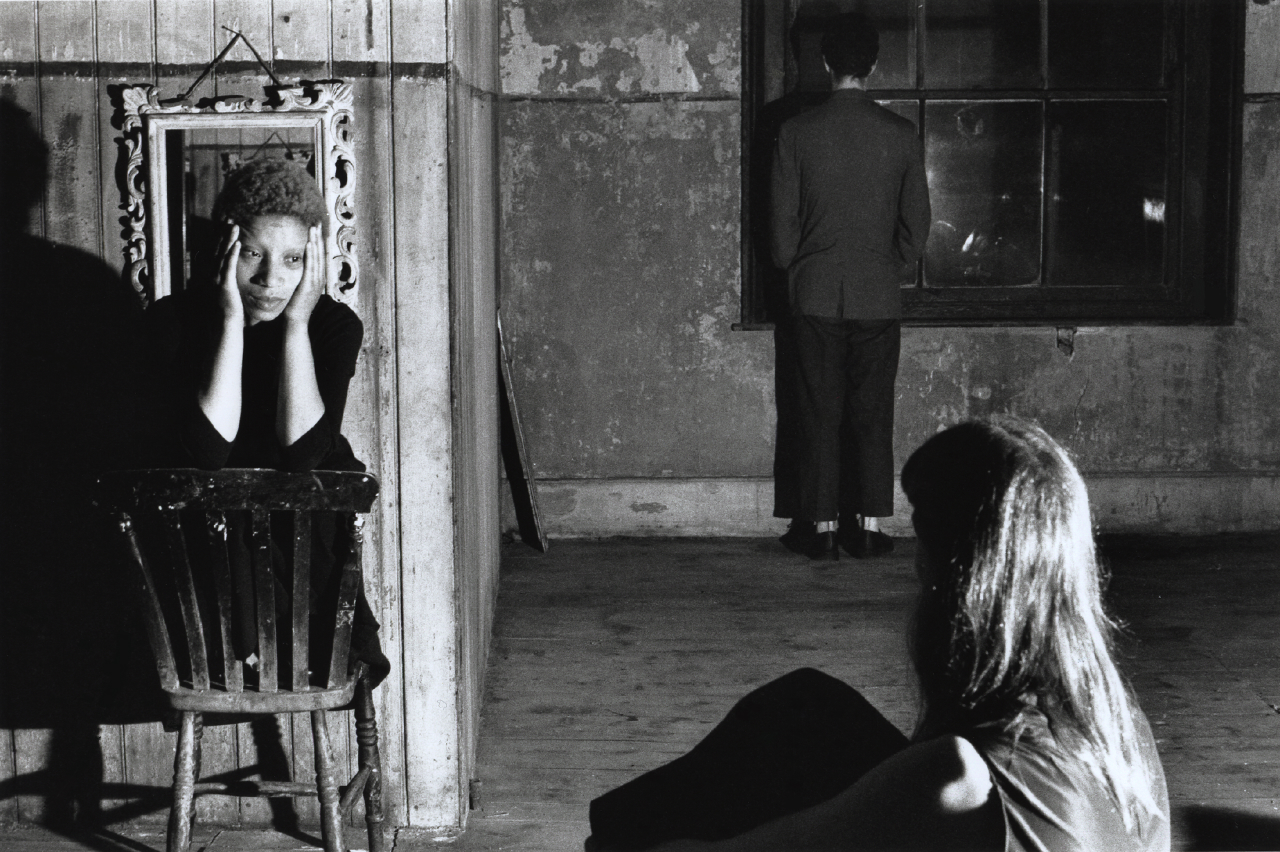SHORT MOVIES DIRECTED BY SALLY POTTER
SHORT MOVIES DIRECTED BY SALLY POTTER
This collection of six short films by Sally Potter captures the essence of her cinema: a fondness for formal experimentation, socio-political sensitivity, and a careful approach to movement and space. It is a comprehensive overview of over fifty years of work by one of Britain's most interesting directors.
From the very first shots in Sally Potter's short films, it is clear that gesture and movement play an extremely prominent role in constructing meaning, and the respect for artistic freedom is the foundation of her work. Already in JERK, a film she made when she was only 20, she is pushing at the edges of cinema, splicing faces into dynamic editing, dwelling on the gestures of a man on screen, and even imbuing the simple opening of a window with layers of significance through an experimental play with image-making. This sensitivity to movement, space and rhythm reaches its peak in HORS D'OUVRES, where she combines 8 mm and 16 mm footage, projecting it onto glass and re-recording it. These change the viewer's perception: the light guides the eye, and each movement of the dancers gains new depth with each subsequent glance.
Sally Potter’s work is built on trust in her audience – the belief that they can catch references, tease out meanings, yet also feel and interpret freely in their own way. That becomes especially striking in PLAY, which on the surface follows a group of children at play. Yet through split-screen, a distinctive soundtrack and carefully chosen colours, Potter undermines the supposed innocence of the scene. The film nudges us to look for hidden layers and subtexts. PLAY toys with perception itself, becoming a study of what it means to be observed, and how the layers of cinematic language can steer that observation in multiple, often surprising directions. That same precision and awareness of space, colour and montage is at work in her most recent short, LOOK AT ME. The charged dynamic between Javier Bardem and Chris Rock unfolds as a power play of ego and ambition, freedom and collaboration, staged in a space meticulously calibrated to the emotional and psychological relations between its characters.
Potter’s openness to experiment is inseparable from her sharp sense of social and political context, evident across both her shorts and features. In THRILLER, Puccini’s Mimi from La Bohème is reimagined with agency and subjectivity, dismantling the misogynistic framing of a woman fated only for death. Potter grants her doubts, her emotions, and at last, her own perspective on life. Meanwhile, THE LONDON STORY twists the spy thriller into a farce of absurd and grotesque encounters, where a tango sequence set to Prokofiev’s Romeo and Juliet works both as a deliriously visual joke and a sly commentary on 1980s British politics.
Short films have this enormous privilege: they allow cinema to be explored free from the pressures of budgets, producers and box-office demands. In the hands of an artist as relentless and driven by extraordinary formal curiosity as Sally Potter, this format compellingly reveals itself, showing how boldly one can transcend accepted conventions and develop an artistic and narrative vision.
Text: Aleksandra Ławska
.png)
.png)























